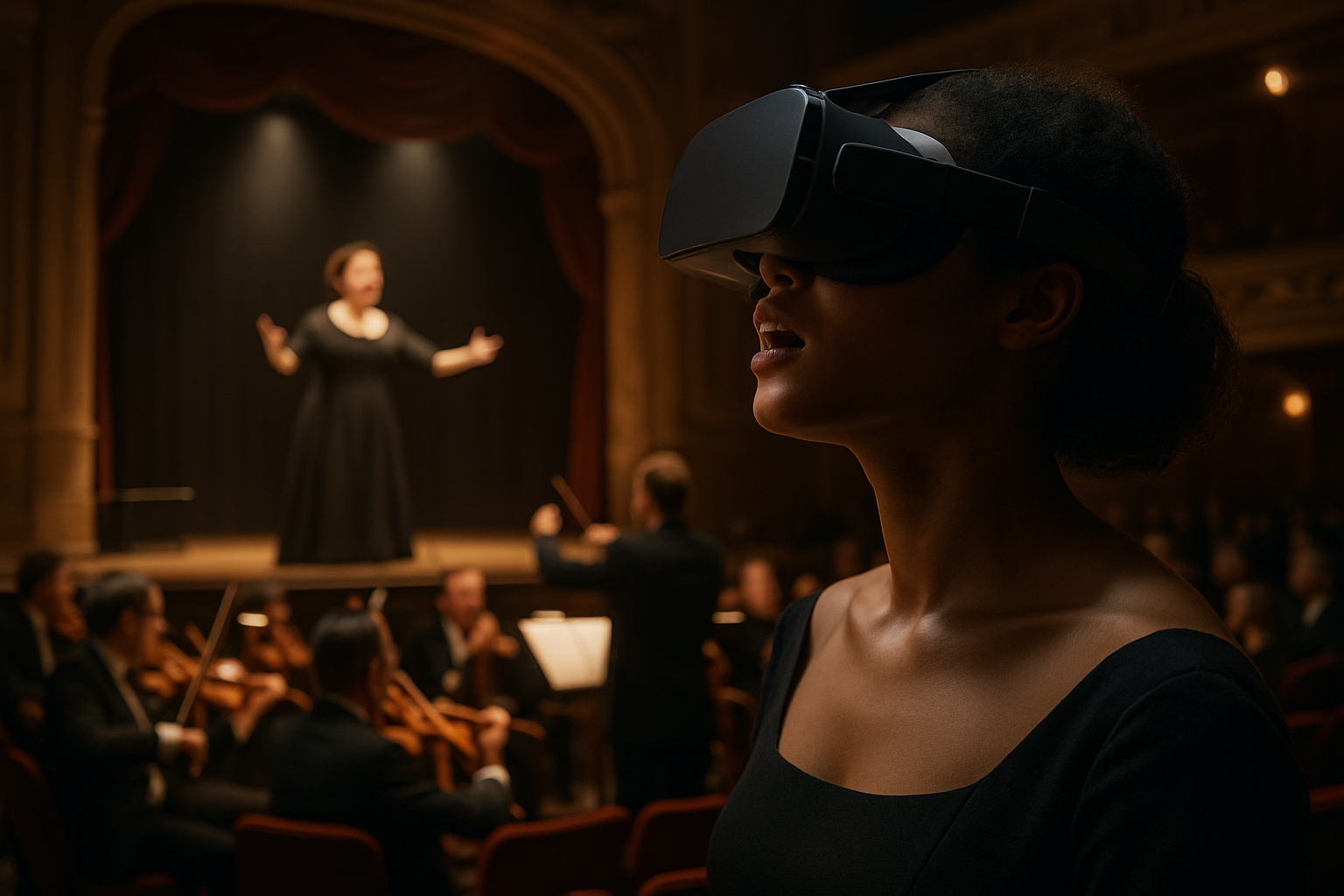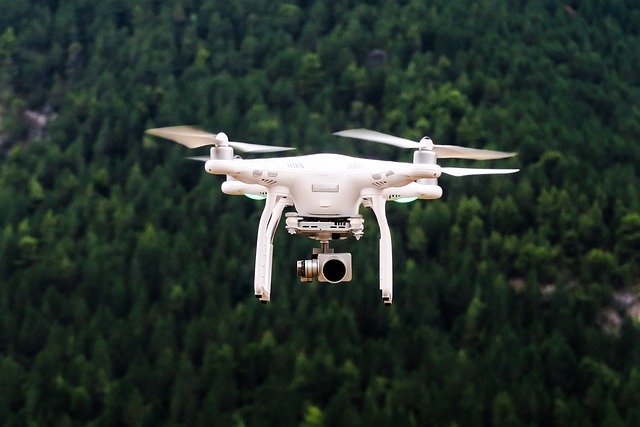Avant-Garde Opera: Breaking Boundaries in Modern Music
In the realm of classical music, a revolutionary movement is reshaping the landscape of opera. Avant-garde opera, a daring fusion of traditional operatic elements with experimental techniques, is captivating audiences and challenging conventions. This bold artistic approach is redefining the boundaries of musical storytelling, incorporating unconventional instruments, innovative staging, and cutting-edge technology. As traditional opera houses and contemporary venues alike embrace this new wave, avant-garde opera is emerging as a powerful force in the world of performing arts, attracting both seasoned opera enthusiasts and curious newcomers.

Pushing the Boundaries of Sound
One of the defining characteristics of avant-garde opera is its exploration of new sonic territories. Composers in this genre frequently incorporate electronic music, found sounds, and unconventional instruments into their scores. These innovative approaches to sound design create immersive auditory experiences that transport audiences to otherworldly realms. From the use of synthesizers and computer-generated sounds to the incorporation of everyday objects as musical instruments, avant-garde opera continuously pushes the boundaries of what is possible in musical composition.
Reimagining Staging and Visual Elements
Avant-garde opera productions often feature groundbreaking approaches to staging and visual design. Directors and set designers collaborate to create immersive environments that blur the lines between reality and fantasy. Projection mapping, interactive installations, and virtual reality technologies are increasingly being integrated into performances, transforming traditional opera houses into dynamic, ever-changing spaces. These visual innovations not only enhance the storytelling but also create a multi-sensory experience that captivates audiences in new and exciting ways.
Challenging Narrative Conventions
In avant-garde opera, traditional linear narratives are often abandoned in favor of more abstract or fragmented storytelling approaches. Composers and librettists experiment with non-linear plots, multiple perspectives, and even audience participation to create unique and thought-provoking narratives. These unconventional storytelling techniques encourage audiences to engage more actively with the performance, interpreting the work through their own personal lenses and experiences.
The Rise of Site-Specific Performances
One of the most exciting developments in avant-garde opera is the emergence of site-specific performances. These productions take place in unconventional venues, such as abandoned factories, public parks, or even moving vehicles. By staging operas outside of traditional theater spaces, composers and directors create immersive experiences that blur the lines between performance and reality. These site-specific works often incorporate elements of the surrounding environment into the narrative and musical composition, resulting in truly unique and unrepeatable performances.
Avant-Garde Opera in the Digital Age
The digital revolution has opened up new possibilities for avant-garde opera creators. Online platforms and streaming services have made it possible for these experimental works to reach global audiences, breaking down geographical barriers and introducing new listeners to the genre. Additionally, some composers are exploring the potential of virtual and augmented reality technologies to create entirely new forms of operatic experiences, allowing audiences to interact with performances in unprecedented ways.
Critiques and Controversies
Despite its growing popularity, avant-garde opera remains a subject of debate within the classical music community. Critics argue that some productions prioritize shock value over musical quality, while others worry that the genre’s experimental nature may alienate traditional opera audiences. Supporters, however, contend that avant-garde opera is essential for the continued evolution and relevance of the art form in the 21st century.
The Future of Avant-Garde Opera
As technology continues to advance and artistic boundaries are pushed further, the future of avant-garde opera looks bright and full of possibilities. Emerging composers and directors are finding new ways to blend traditional operatic elements with cutting-edge techniques, creating works that resonate with contemporary audiences while honoring the rich history of the genre. With its commitment to innovation and experimentation, avant-garde opera is poised to play a significant role in shaping the future of classical music and performing arts.
In conclusion, avant-garde opera represents a bold and exciting frontier in the world of classical music. By challenging conventions, embracing new technologies, and reimagining the very nature of operatic performance, this genre is attracting new audiences and revitalizing the art form for the 21st century. As it continues to evolve and push boundaries, avant-garde opera stands as a testament to the enduring power of musical storytelling and the limitless potential of human creativity.






